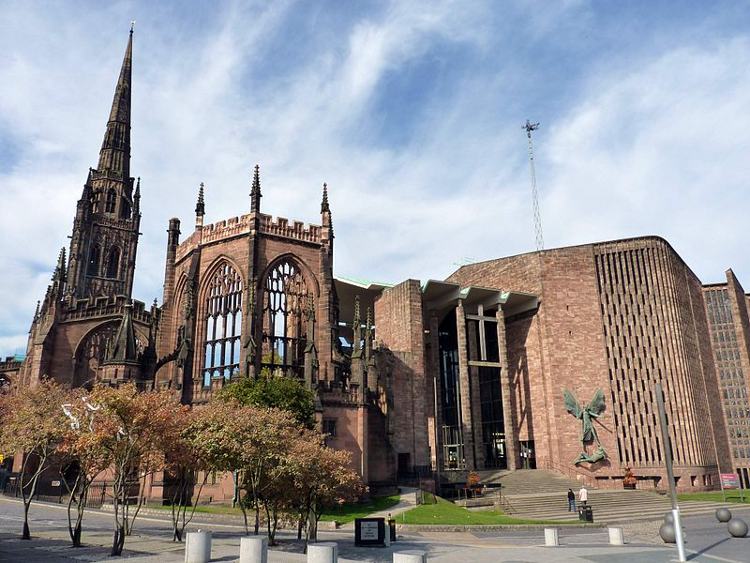To continue a point I was working on a few days ago:
1. God is good.
2. God is all-powerful
3. Evil exists.
Every religion must wrestle with “the problem of evil.:” Trying to affirm more than two of these truths at any one time shoves a person into logical impossibility. For Christians, knowing the promises of God doesn’t make the Problem of Evil any less knotty.
Many folks, unwilling to live on the precarious fault between faith and oblivion, solve the dilemma by weakening (or denying) one of the three core truths that cause the problem. Rabbi Neusner’s famous book When Bad Things Happen to Good People claims that God means well but doesn’t really have the power to do anything about the evil in this world. Open theists suggest that God doesn’t have full knowledge of the future (again, diminishing His omnipotence) — a handy way to allow evil to exist without blaming God for it (as well as a neat way to explain the paradox between free will and sovereignty). Atheists and agnostics just deny both of the first two propositions, and there you go.
Conservative Christians are too well-versed in Scripture to let go of either the idea that God is good or that He is in control (though most of us will admit to doubting one or both when the going gets hard). Instead, I have noticed that “we” are tempted to diminish the full reality and horribleness of tragedy and evil which touch our lives from time to time.
Romans 8:28 has become a BandAid which Christians try to slap onto the gaping wounds caused by real pain or tragedy. I hear people glibly quote promises, Bible verses, or sermon snippets as if simple answers will take care of everything.
Now, don’t misunderstand me. I’m not taking aim at people who have hacked their way through the deep undergrowth of life’s trials and come out with a much deeper and stronger faith, one that allows them to minister comfort and assurance to their fellow, struggling siblings in the household of Faith. (See 1 Cor. 1)
But I think that Reformed theology (especially) with its emphasis on logical doctrine and precise systematization of theology pushes folks toward that which is glib. Evil is no longer evil … not really. Because God *does* work much good out of (or in spite of) the tragedy of life, some people assume therefore that the evil itself is not really all that bad. “It’s just a flesh wound!” they cry to the person whose heart has been ripped to pieces by sorrow and loss. “Cheer up! Be thankful! Your life could be much worse!” echoes at the miserable soul who finds itself trapped in the dark corridors of the mind and emotions. We rush so fast to defend God’s honor that we try to soften the blow of reality.
I love the Psalms for many reasons. A few years ago I stumbled across this truth: The Psalmist almost always ends up at the place of faith and soul-healing, but often after passing through dark and troubled waters. He doesn’t mince words, reduce true evil to an illusion of evil which the knowledge of sovereignty magically wipes away. Many of the Psalms are gritty and honest as the writer lays out his grief before the Lord.
My point?
Simply this: Think before you speak. Romans 12 says we should “weep with those who weep” in addition to rejoicing with the joyful.
When you find yourself in a position to minister to someone in trouble, first listen and mourn.
Don’t rush to admonish — the time for your exhortation will eventually come. [I’ve rarely met a conservative evangelical who needed help on that score. *grins*]
Real Grace floods into situations that are full of real Evil.
We don’t have to play the game on “easy” because we’re afraid Grace will lose.




Got a comment?